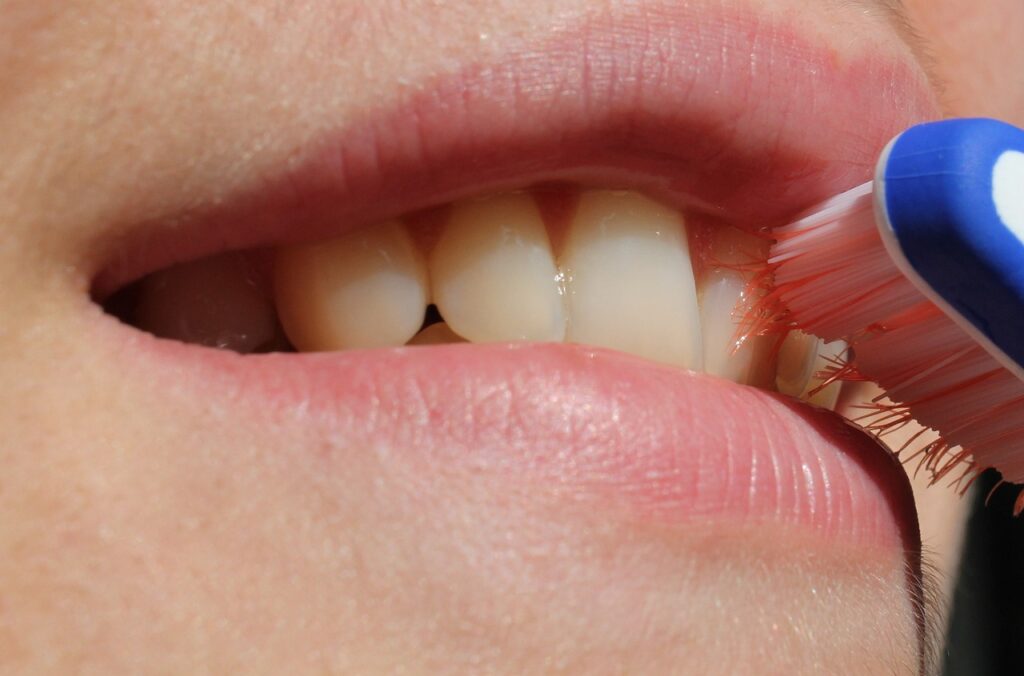Is dental insurance worth it? Ultimate Guide

In order to preserve overall health and well-being, dental care is crucial. Gum disease, tooth decay, and even heart disease may all be avoided with routine dental cleanings and exams. Is dental insurance worth it in this part of the world?
Unfortunately, many people find it difficult to afford dental treatment due to its high cost. Dental insurance can help with that. But does having dental insurance pay off? We will examine the benefits and drawbacks of dental insurance in this post to assist you in determining if the price is reasonable.
Dental insurance: What is it?
A form of insurance called dental insurance helps in defraying the price of dental care. The majority of dental insurance policies include minor and major dental surgeries in addition to standard preventative care like regular examinations and cleanings.
Fillings and extractions are examples of basic operations, whereas root canals and crowns are examples of significant procedures. [Read More: Checkout the best ways to pay off debt in one year ]
An indemnity or managed care model is one of the two main operating models for dental insurance programs. Any dentist you pick is acceptable under indemnity plans, and the insurance provider covers a percentage of the cost of your dental care.
On the other hand, managed care plans to demand that you select a dentist from a network of providers, and the insurance carrier pays a predetermined sum for each treatment rendered.
What Dental Insurance Has to Offer
- Reduced out-of-pocket expenses
One of dental insurance’s main benefits is that it can greatly lower your out-of-pocket expenses. When you have insurance, you usually just have to pay a copayment or coinsurance, which is a portion of the service’s overall cost.
Preventive treatment may be completely covered by your insurance plan, leaving you with no out-of-pocket expenses.
Availability of Preventative Care
Your access to preventative treatment, such as routine examinations and cleanings, which are crucial for preserving excellent oral health, can be made possible thanks to dental insurance.
Early detection of dental concerns through preventive treatment can save you money in the long term by avoiding the emergence of more significant tooth problems.
Protection for Both Major and Simple Processes
The cost of routine and complex dental operations can also be helped by dental insurance. You might not be able to afford these operations without insurance because they can be rather costly. Insurance can give you the financial security you need to receive the treatment you require to keep your dental health in good condition.
More freedom in selecting a dentist
You may select any dentist you want under an indemnity plan, giving you more freedom to find one who can match your needs. If you’ve had a long-standing relationship with a particular dentist, this may be very advantageous.
Dental Insurance Drawbacks
Exorbitant Monthly Fees
Dental insurance may be costly, which is one of its main drawbacks. Monthly premiums might be expensive, especially if you choose a comprehensive coverage option. Due to this, some people may not be able to purchase dental insurance.
Exclusions from Coverage
Plans for dental insurance frequently have restrictions on what is covered. For instance, your plan might only pay for so many cleanings or X-rays per year.
Moreover, the quantity of coverage for both significant and routine treatments could be constrained. This might be especially troublesome if you experience a dental emergency or need more comprehensive care than your insurance can provide.
Awaiting Times
There may be a six-month waiting period for coverage under some dental insurance policies. You won’t be able to get some forms of dental treatment during this period. If you require quick dental care but are unable to get it because of the waiting time, this might be upsetting.
Co-Payments and Deductibles
Deductibles and co-payments are frequently included in dental insurance plans, which can raise your out-of-pocket expenses.
Co-payments are the fixed fees you must pay for each dental service you receive, whereas deductibles are the amount you must pay out of pocket before your insurance starts to pay.
Depending on your plan, these expenses may quickly mount up and limit some people’s access to dental care.
You can equally get affordable dental insurance to help you cover crucial health needs at the time it is required.
- Restricted Provider Network
Under managed care plans, you must select a dentist from a provider network. If you have a long-standing relationship with a certain dentist who is not in the network, this may be restrictive.
If there are no service providers in the network that can satisfy your particular requirements, that might also be troublesome.
Read More: How to stop being poor in 2022: 12 Simple WaysPre-Existing Diseases Exclusions and Waiting Periods
Pre-existing conditions may not be covered by dental insurance policies, and there may be a waiting period before coverage starts. This may be especially difficult if you already have a dental ailment that has to be treated.
Dental insurance: Is it worthwhile?
The value of dental insurance for you will depend on your specific situation. Dental insurance might not be required if you have good oral health and merely require routine preventative services.
Dental insurance, however, can give you the financial security you need to get the care you want if you have a history of dental issues or need substantial dental work.
If you want to buy dental insurance, it’s crucial to read your policy thoroughly to comprehend its restrictions and exclusions. To make sure dental insurance is cheap for you, you should also think about your out-of-pocket expenses, including monthly premiums, deductibles, and co-payments.
There are still ways to get dental treatment if you can’t afford dental insurance. Several dental offices provide low-income people and families with discounted or free treatments.
To spread out the expense of the procedure over time, you might be able to work out a payment plan with your dentist.
Conclusion
In order to preserve excellent health and well-being, dental care is crucial. Dental insurance may not be required for everyone, despite the fact that it can help lower the cost of dental care.
Dental insurance might not be cost-effective if all you need is basic preventative treatment and you have good oral health.
Dental insurance, however, can give you the financial security you need to get the care you want if you have a history of dental issues or need substantial dental work.
It’s crucial to carefully research your plan to comprehend its restrictions and exclusions before thinking about dental insurance. To make sure dental insurance is affordable for you, you should also take your out-of-pocket expenses into account.
There are still ways to get dental treatment if you can’t afford dental insurance, such as by taking advantage of dental clinics’ discounted or free services or working out a payment schedule with your dentist.
The choice to get dental insurance is ultimately a personal one based on your unique requirements and circumstances.

